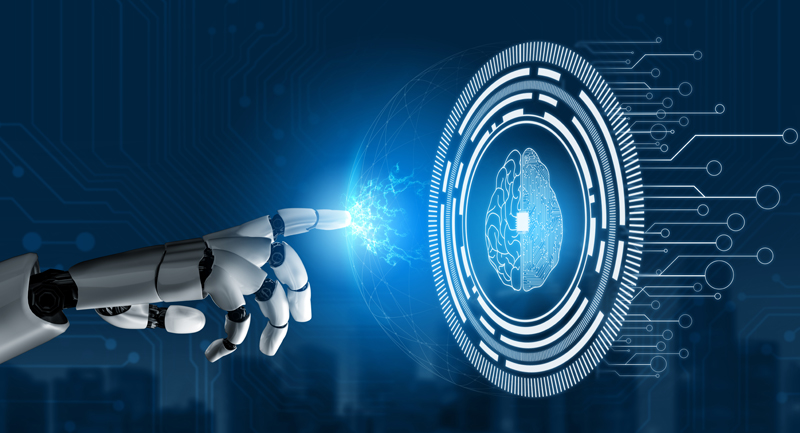Understanding Biometric Identification
Biometric identification technology refers to the methods of recognizing individuals based on their physiological and behavioral characteristics. This technology has become increasingly prevalent due to its accuracy and reliability in confirming a person's identity. Unlike traditional methods such as passwords or PINs, biometrics are unique to each individual and cannot be easily replicated or stolen. The technology encompasses a wide range of techniques, including fingerprint scanning, facial recognition, iris recognition, voice recognition, and even behavioral patterns such as gait analysis.

Applications of Biometric Identification
One of the primary uses of biometric identification is in security and access control. It is used to grant or deny access to secure areas, systems, or information. This can range from unlocking a smartphone with a fingerprint to granting access to a high-security facility using facial recognition. The advantage of biometrics in this context is that it provides a higher level of security compared to traditional methods, as it is difficult for unauthorized individuals to bypass the system.
Biometrics is also being integrated into financial transactions to provide an additional layer of security. For instance, banks are using biometric identification to authenticate customers during transactions, reducing the risk of fraud. This technology can be used for ATM withdrawals, online banking, and mobile payments, ensuring that only the account holder can access their funds.
Challenges and Ethical Considerations
Despite the numerous advantages, biometric identification technology also faces challenges and ethical considerations. Privacy concerns are a significant issue, as the collection and storage of biometric data can potentially be misused. There are also concerns about the accuracy of the technology, especially in cases where false positives or negatives can lead to security breaches or denial of access to authorized individuals.
Future of Biometric Identification
The future of biometric identification is promising, with ongoing research and development aimed at improving the technology's accuracy, speed, and security. As the technology becomes more sophisticated, it is expected to be integrated into more aspects of daily life, from personal devices to large-scale security systems. However, it is crucial to address the ethical and privacy concerns to ensure that the technology is used responsibly and does not infringe on individual rights.
Conclusion on the Advancements and Implications of Biometric Identification




